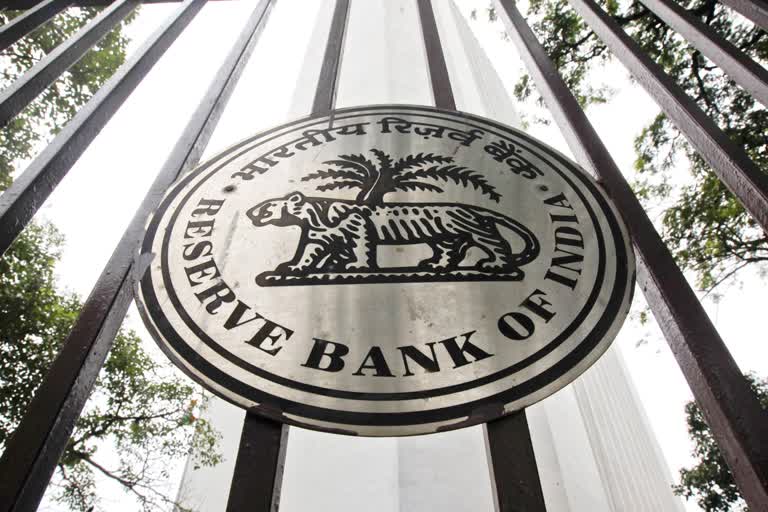New Delhi: Reviving the twin engines of consumption and investment while being vigilant about spillovers from global financial markets remains a critical challenge, a Reserve Bank of India (RBI) report said on Friday.
The global economy confronted a number of uncertainties - a delay in the Brexit deal, trade tensions, a whiff of an impending recession, oil market disruptions and geopolitical risks leading to a significant deceleration in growth, said the RBI's Financial Stability Report December 2019.
These uncertainties weighed on consumer confidence and business sentiment, dampened investment intentions and are likely to remain a key drag on global growth, it said.
Predictably, lower interest rates and easy monetary policies are boosting leverage globally, with the indebtedness of emerging market (EMs) governments and households showing a distinct increase, besides supporting asset prices and capital flows to EMs.
"On the domestic front, aggregate demand slackened in Q2 2019-20, further extending the growth deceleration. While the outlook for capital inflows remains positive, India's exports could face headwinds in the event of the sustained global slowdown, but current account deficit is likely to be under control reflecting muted energy price outlook," the RBI said.
"Reviving the twin engines of consumption and investment while being vigilant about spillovers from global financial markets remains a critical challenge going forward," it said.
Various policy announcements by the government coupled with the central bank's accommodative stance are expected to provide an enabling environment to bolster economic performance in the medium-term, though short term pressures remain.
Bank frauds rise to a record Rs 1.13 lakh cr in H1 FY20
Frauds reported by banks during the first half of the current fiscal touched an all-time high amount of Rs 1.13 lakh crore, owing to delay in detection by lenders, according to an RBI report.
This involved 4,412 fraud cases of Rs 1 lakh and above, as per the report.
In FY19, banks had reported 6,801 cases of fraud involving Rs 71,543 crore.
"An analysis of the vintage of frauds reported during the FY19 and H1 FY20 shows a significant time-lag between the date of occurrence of fraud and its detection," RBI's Financial Stability Report said.
Read more: Shaktikanta Das asks banks to improve corporate governance



